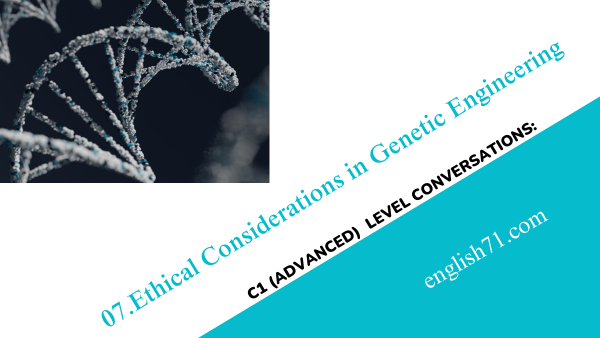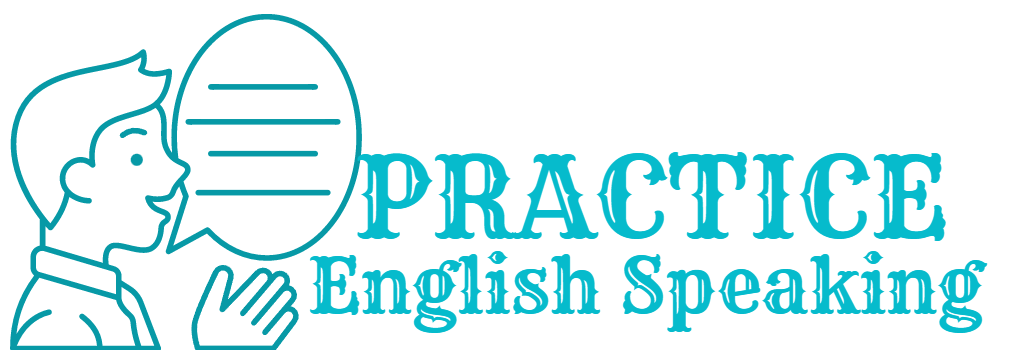C1 (Advanced) level Conversations: (7) Ethical Considerations in Genetic Engineering

Jack: Hi Anna! Have you been following the latest developments in genetic engineering?
Anna: Hi Jack! Yes, I have. It’s a fascinating field, but it also raises important ethical questions. What are your thoughts?
Jack: Absolutely. Genetic engineering offers incredible potential for medical advancements and addressing genetic diseases, but we must consider the ethical implications. For example, the ability to modify genes in embryos raises concerns about “designer babies” and the potential for genetic discrimination.
Anna: I completely agree. There are also concerns about consent and privacy when it comes to genetic testing and data sharing. People should have autonomy over their genetic information and how it’s used.
Jack: Exactly. Another ethical dilemma is the potential for unintended consequences or long-term effects of genetic modifications. We need robust regulations and oversight to ensure safety and prevent harm.
Anna: That’s crucial. We must prioritize rigorous testing and research to understand the risks and benefits fully. Additionally, there’s a need for transparency and public dialogue to involve stakeholders in decision-making processes.
Jack: Agreed. Ethical considerations should guide the development and application of genetic engineering technologies to ensure they align with societal values and respect human dignity.
Anna: Absolutely. It’s essential to strike a balance between innovation and responsibility, considering not just what we can do, but what we should do ethically.
Jack: Well said, Anna. Ethical reflection and ongoing dialogue are crucial as we navigate the complexities of genetic engineering and its impact on individuals and society.
Anna: Definitely, Jack. It’s a multifaceted issue that requires careful consideration from all angles.



Summary:
Jack and Anna engage in a thoughtful conversation about the ethical considerations surrounding genetic engineering. They discuss concerns such as designer babies, genetic discrimination, consent, privacy, unintended consequences, and the need for regulations and transparency. Both emphasize the importance of ethical reflection, public dialogue, and responsible decision-making to ensure that genetic engineering aligns with societal values and respects human dignity.

